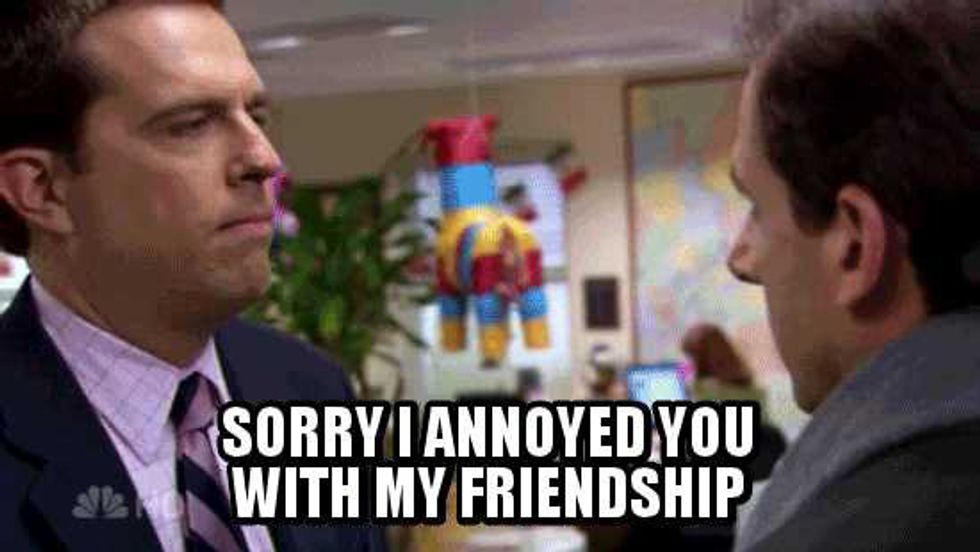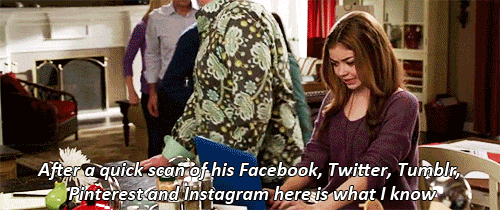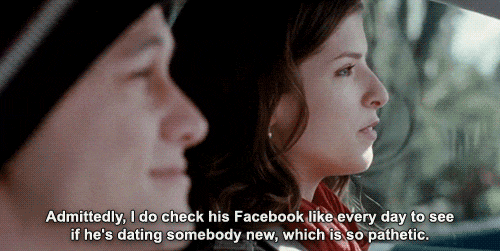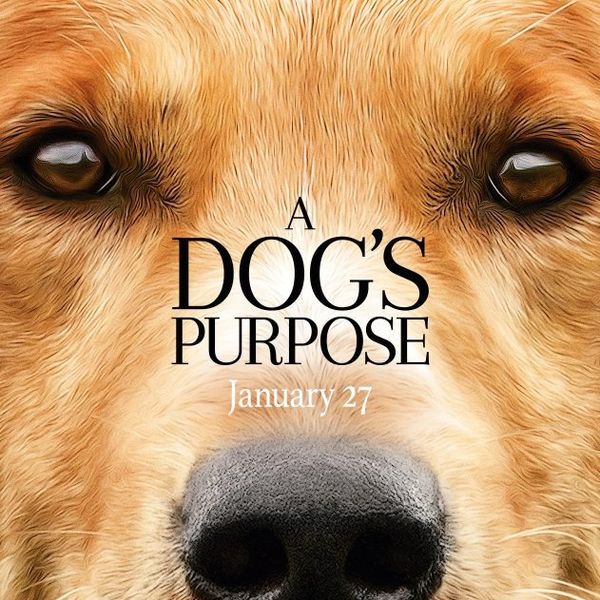“(S)he hasn’t texted me back since I last texted them. It’s been since, like, 2 p.m.!” you say, huddled around the television that evening to your friends. “Why can’t people just be polite and respond!?”
“That’s so weird,” one of your housemates responds. “(S)he updated Snap Story a little while ago.” “Hm,” you reply.
You’re confused. Worse still, you’re inexplicably (dare you say) hurt. “Why couldn’t they text me back if they had time to use Snapchat?" you might think to yourself.
Pause.
Consider where we’re at in this scenario for a second. You’re freaked out over whether or not this person texted you back and hurt by the fact that they used their phone to do something other than, god forbid, respond to you! You’re likely aware how totally irrational this reaction is, and, for all of your assurances and reassurances, you’re bothered. It’s not necessarily a bad thing - we all do it - but the merging of technology within human interaction is causing a serious evolution in the evaluation of relationships.
There are approximately 1.7 billion people that use social media in the world. Further still, 65 percent of Americans use social media. For context, in 2005, this number was at 7 percent. And with this rapidly expanding access to people’s thoughts, beliefs and habits, we’ve re-structured how “getting to know somebody” actually works. The original model of asking somebody out on a date, going out and actually meeting somebody as a “blank slate” no longer exists. Admit it, before you go out on a date, you’ve “Facebook stalked” the person. If you haven’t before the date, you almost certainly will do so afterwards. It’s not enough for us anymore to know whatever it is this person has chosen to tell us. Rather, we feel compelled to learn more, to create a virtual SparkNotes of who this person actually is and what they do. And so, we flip through the annals of social media: Snapchat stories, Facebook profiles, likes, friends, twitter feeds, pictures of their spring break last year in the Caribbean; everything. It reduces how important your date actually was or might be. Who cares that they were charming, witty and beautiful when you met? (S)he’s friends with this person, (S)he’s taken pictures with those people. Maybe you approve and maybe you don’t, but either way, it has tangible impact that reaches far beyond what you actually know about the person.
In our endless search for information, we inevitably come across more data than is necessary. With this access, time and space within human interaction as we know it has shrunk. The subtle layering that made love and romance so complex and beautiful has been lost upon us with this pre-portioned, technology-administered edition of “dating.” It takes all of 1 hour to seemingly learn everything there is to know about a person, and it has altered the course of relational development.
Social cues have evolved to fit this new dimension of dating as well. Ten years ago, one might have asked another person on a date and the only thing we had to worry about was when they might call or text. Sure, nobody liked waiting around, but one would just figure they were busy. Now, this is no longer the case. It’s not enough to know and understand that they’re probably busy. We’ve become spoiled with our access to information, so we have to know why they’re busy. And so we find ourselves delving into social media again, asking ourselves, “Is it weird if I post on this persons’ wall? Is that needy?” “Why is this person un-tagging themselves from this set of pictures? Is there something to hide?” Ask yourself for a moment whether or not this person has been tagged in this picture of that picture. Is your relational status really that different than it was 5 minutes ago?
The social media generation never really breaks things off. Breaking up with somebody has morphed in the technology age. No longer does one just break-up and not talk again. We’ve got to go through the removal of Facebook ties, unfollowing on Twitter, blocking on Snapchat, deletion of pictures – it’s not exactly burning a few love letters in the fireplace. It’s an all-out shift in habit. Because if we don't do these things, somehow the memory of the person lives on like some sort of technological poltergeist.
All the while, we’ve forgotten somehow the main thing about social media. It’s not REAL. It doesn’t actually EXIST. It’s a chosen, pre-determined projection across the fiber optics of the internet. If getting to know somebody is like watching an Oscar-nominated film, our current model is like watching the trailer and reading every movie review you can find on the internet instead. It's taking a three-dimensional model and flattening it out on tracing paper. It’s lazy and it’s without context. With that being said, don’t feed into it. Just because a person hasn’t “liked” your post on GroupMe, that doesn’t mean they’re ignoring you. Your potential relationship isn’t liable to crumbling because the person in question has an old picture with another person you really don’t like. If your ex has a picture with a new person, guess what? They're your ex! What did you expect to happen to them? They would break things off with you to go live life as a hermit in Tibet? Is your life any different after having seen that picture, really? The world doesn’t function as social media would have us believe. We would all contend that we are more than a collection of likes, pictures, follows and snaps. Why do we struggle to extend this same grace to others? And when, if ever, can we start?


![Live Your [Real] Life To The Fullest](https://www.theodysseyonline.com/media-library/image.jpg?id=56267344&width=600&height=600&quality=50&coordinates=148%2C0%2C149%2C0)





















